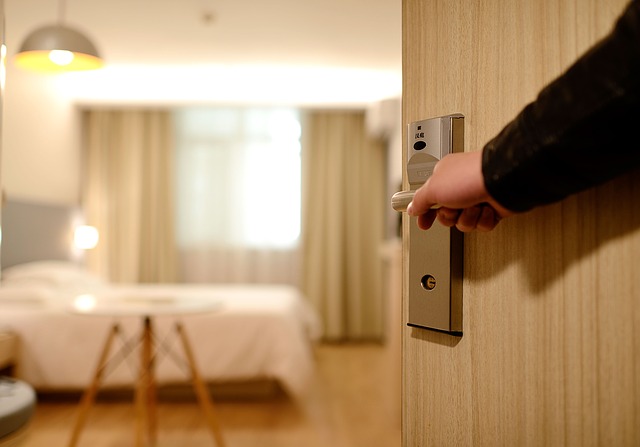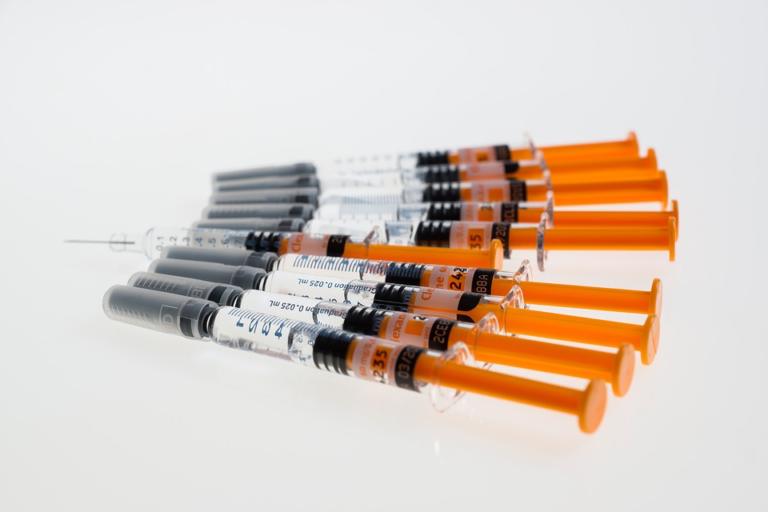What You Need to Know About Slip and Fall Accidents in Stores
Have you ever found yourself sprawled on the floor while moving around a store? Well, it can happen to anyone at any time. Slip and fall accidents are more common than you may think. Since they are expected, there is more information that you need to be aware of about slip and fall accidents in stores.
This article analyzes all you should know about slip and fall accidents in stores. We will delve deeper to reveal what you need to know about the role of slip and fall accident lawyers.
Table of Contents
Understanding Slip and Fall Accidents
Statistics reveal that slip and fall accidents account for 30% of personal injury law cases. Slip and fall accidents happen when you lose your footing and take an unplanned trip to the ground. Even though it can seem like a minor inconvenience, these incidents may lead to severe injuries. But why do they happen? Let’s explore some common causes of slip and fall accidents in stores.
- Wet floors: One of the common causes of slip and fall accidents are wet floors. Whether from a spilled drink or freshly mopped tiles, wet surfaces can turn into slippery slopes, making unsuspecting shoppers or anyone else tumble.
- Non-functional or insufficient lighting: When the lighting system is not in excellent condition inside the store, it may result in poor visibility.
- Uneven surfaces: This is another cause of slip and fall accidents. Rough surfaces like loose carpets, broken tiles, and buckling cement can catch you off guard and send you sprawling if you are not careful.
- Cluttered aisles: Another hazard to watch out for is cluttered aisles. From misplaced merchandise to stray boxes, obstacles in your path can trip you and send you crashing down in no time.
Now, let’s explore the prevention measures for slip and fall accidents.
- Report spills: Don’t just walk by if you encounter spills or slippery surfaces. Take a moment to alert the store staff so that they can clean it up and prevent accidents.
- Watch Your Step: Stay alert and focus on where you’re walking. Scan the ground ahead of you to check for any potential hazards.
You’ve got a clear understanding of the causes and prevention measures. Who will you sue if you get involved in a store slip and fall accident? A glimpse below will enlighten you on who to sue during this incident.
Who to Sue for a Slip and Fall Accident in a Store
Several factors come into play when determining the liable party.
In cases where the store owner also owns the property where the accident occurred, the store owner is the potential primary defendant. However, it’s common for store owners to lease their premises, which can introduce the property owners or landlords as other potential defendants.
Thus, the question of who to sue may vary depending on the specific details of the situation. You can either sue the store owner or, in a scenario where the store owner is renting the premises, have the obligation to sue the property owner.
Let’s look at the situations where you can sue the landlord or the store owner.
Situations Where the Landlord or the Property owner is Liable
The property owner is liable for a slip and fall accident if the cause of the incident was a structural or hidden safety issue related to the property. Especially if the store management needed help knowing the problem.
Situations Where the Store Owner is Responsible for the liability
The store owner will be liable when the incident results in the owners’ negligent maintenance of conditions at the workplace.
An example is when there are patches on the floor due to frequent activities or a lack of adequate lighting inside the store.
Role of a Slip and Fall Accident Lawyer
Slip and fall accident lawyers are responsible for the following, whether the accident happened in a store or elsewhere.
- They handle aspects of the litigation process
- They protect your rights and interests
- They give legal advice and guidance
- They gather thorough evidence to determine liability
- They negotiate with the insurance company and other representatives on your behalf
The Wrap-Up!
In conclusion, slip and fall accidents may seem minor, but you can unwrap more information when you dive deeper. With a great understanding of the issues in slip and fall accidents in the store, you’ll be able to easily navigate the complexities that arise.










